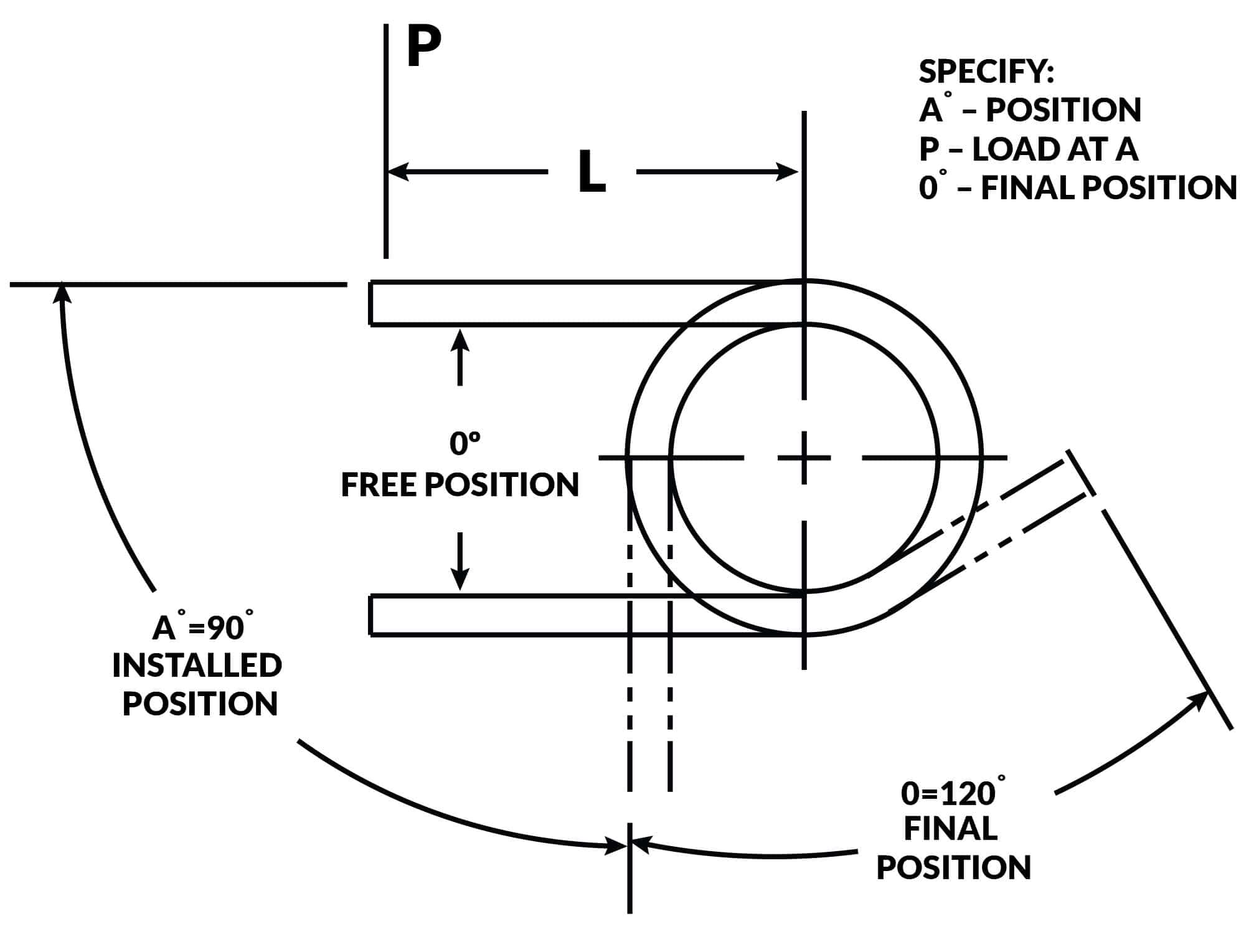Get unique, complex parts easily. No matter your requirements, Chaoyi Spring creates hard-to-produce coil springs and wire forms.
Let us help you create the custom wire form you need, from S-hooks and J-hooks to utility hooks and more.
We work closely with customers across a wide range of industries, helping them design and manufacture made-to-order parts.
Why choose Chaoyi Spring? We prioritize customer-focused collaboration, modern equipment and the latest technology to make your parts per print.
Find the information and guidance you need, from measuring a spring to learning about materials, placing an order and much more.
Stainless steel tension springs are a critical component in a wide array of applications, from intricate medical devices to robust industrial machinery. Their ability to provide consistent and reliable force,


Stainless steel tension springs are a critical component in a wide array of applications, from intricate medical devices to robust industrial machinery. Their ability to provide consistent and reliable force, coupled with their resistance to corrosion and fatigue, makes them a popular choice for demanding environments. This article delves into the world of stainless steel tension springs, exploring their unique properties, applications, and the factors that influence their selection.

Tension springs, as their name suggests, are designed to exert a pulling force when stretched. They are typically made of coiled wire, with the ends either hooked or looped to facilitate attachment to other components. Stainless steel, with its inherent strength, durability, and corrosion resistance, is a prime material for these springs, ensuring long-lasting performance even in harsh conditions.
A key feature of stainless steel tension springs is their ability to withstand repeated stretching and compression without losing their springiness. This resilience, often referred to as fatigue resistance, is essential for applications where the spring is subjected to frequent cycles of load and release. Furthermore, stainless steel's resistance to corrosion is critical for applications involving exposure to moisture, chemicals, or other corrosive agents. This makes them ideal for use in the medical, aerospace, and marine industries, where corrosion can compromise the integrity of critical components.
The versatility of stainless steel tension springs makes them invaluable in numerous industries and applications. Here are some notable examples:
Choosing the right stainless steel tension spring requires careful consideration of several factors:
Stainless steel tension springs are truly versatile components that find applications in a broad range of industries. Their reliability, durability, and resistance to corrosion make them an ideal choice for demanding environments. By carefully considering the factors outlined above, engineers and designers can select the right stainless steel tension spring to meet the specific needs of their application. Whether it's in a medical device, an aircraft engine, or a manufacturing process, stainless steel tension springs continue to play a critical role in ensuring the performance and longevity of countless products and systems.
In conclusion, stainless steel tension springs stand as a testament to the ingenuity of materials science. Their inherent strength, resilience, and corrosion resistance make them invaluable components for a wide spectrum of applications. Understanding the unique properties and selection criteria associated with these springs empowers engineers and designers to optimize their designs for optimal performance, durability, and longevity.
Browse some of the custom wire forms and springs that we manufacture. Don’t see what you need? We specialize in made-to-order products that meet your application requirements.
Visit Our GalleryNeed a custom wire form or coil spring? We make it work. Fill out the contact form and a representative will respond within 1 business day. If you have a PDF or CAD file, you can submit to request a quote.